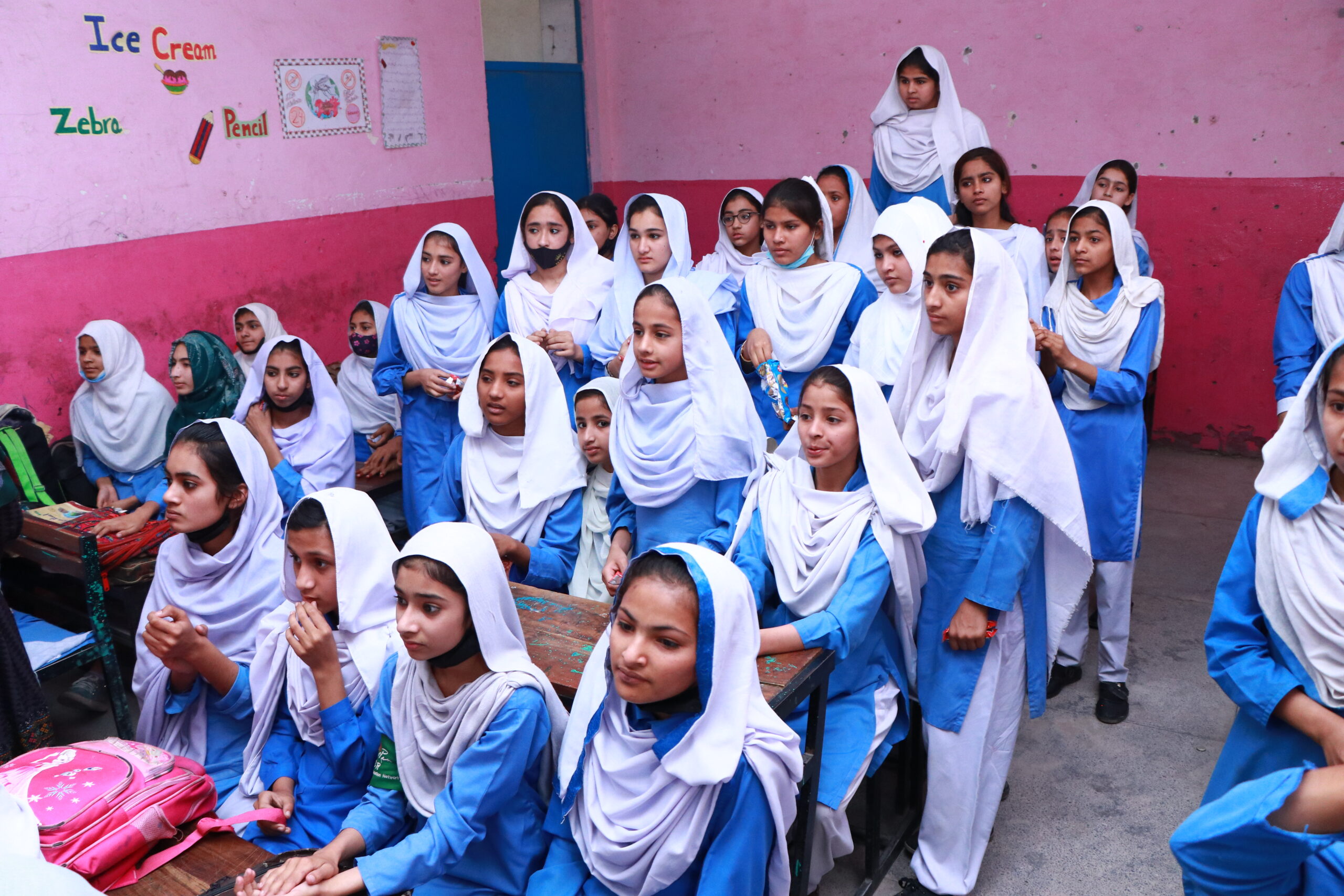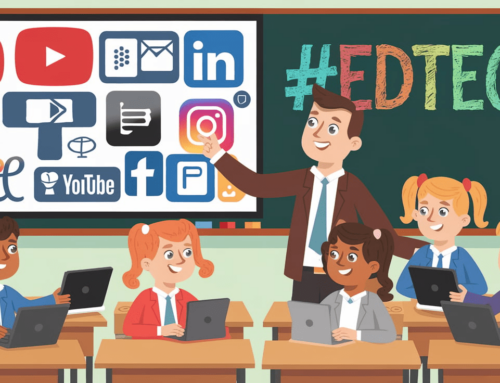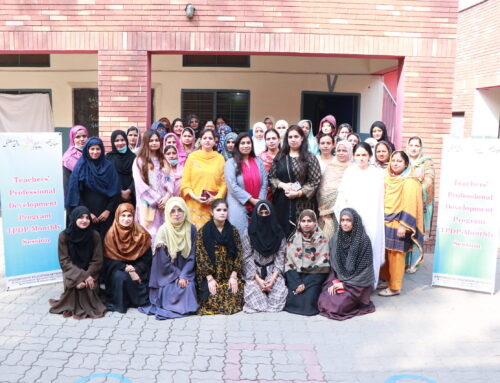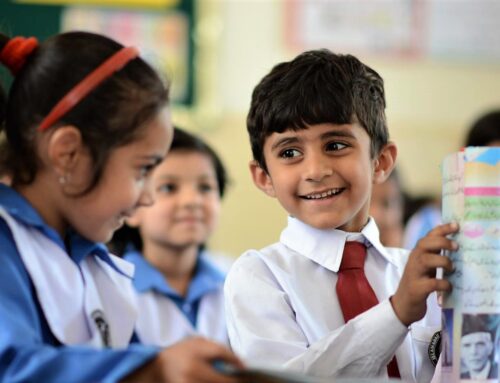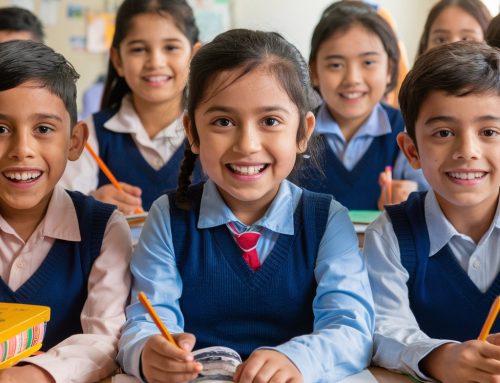How Education Can Transform Lives: A Pathway to Progress
How Education Can Transform Lives: A Pathway to Progress
Education is often hailed as the key to success, a tool that unlocks doors to opportunity and paves the way for a better future. But what exactly is it about education that makes it so transformative? Why do societies worldwide place such a premium on access to learning?
This blog will delve into the profound ways in which education can transform lives, allowing individuals to improve their circumstances while contributing to the larger development of communities and nations.
Education: The Foundation of Personal Empowerment
Education equips individuals with the knowledge, skills, and values necessary to navigate life’s complexities. From a young age, education plays a pivotal role in shaping our understanding of the world, developing our critical thinking abilities, and fostering social and emotional growth. Let’s explore the transformative impact of education on personal empowerment:
1. Knowledge and Self-Reliance
Education provides people with the ability to read, write, and comprehend information—a fundamental building block of independence. Literacy and numeracy are not just tools for academic success but for everyday life. Whether managing finances, understanding contracts, or making informed health decisions, education offers the confidence to take control of one’s life.
By acquiring essential knowledge, individuals become self-reliant and capable of making informed choices that influence their careers, relationships, and well-being.

2. Economic Opportunities
One of the most direct ways education transforms lives is through improved economic prospects. Education opens up job opportunities that would otherwise be inaccessible, allowing individuals to secure employment that pays higher wages and offers greater job stability.
For those living in poverty, education can break the cycle of deprivation. With a diploma or degree, individuals gain access to professions that lift them out of poverty and allow them to provide for their families. For example, children from low-income households who pursue higher education are significantly more likely to achieve upward economic mobility.
3. Improved Health and Well-Being
Education is also closely linked to better health outcomes. Educated individuals are more likely to make healthier lifestyle choices, understand the importance of preventive healthcare, and access medical services when needed. For women, education is particularly transformative in terms of reproductive health. Educated women are more likely to have fewer, healthier children, and they are better equipped to raise those children in safer and more nurturing environments.
In developing countries, where health literacy is often low, education plays a vital role in reducing child mortality, improving maternal health, and combatting diseases like HIV/AIDS.

4. Fostering Critical Thinking and Problem-Solving
Education teaches individuals how to think critically and approach problems analytically. These skills are invaluable in both personal and professional contexts. The ability to think critically allows individuals to navigate challenges, make informed decisions, and adapt to changing circumstances.
Moreover, education promotes innovation by encouraging individuals to think creatively and approach problems from different perspectives. This is especially important in fields such as science, technology, and engineering, where creative problem-solving can lead to breakthroughs that transform industries.

5. Social Mobility and Equality
Access to quality education can level the playing field for marginalized groups. It provides individuals from disadvantaged backgrounds the chance to rise above social and economic barriers. Education serves as a tool for social mobility, allowing people to improve their standing in society based on merit and hard work, rather than being confined by the circumstances of their birth.
In societies where education is valued and accessible, individuals can break free from systemic inequalities, creating a more just and equitable world.
The Broader Societal Impact of Education
While education transforms individual lives, its impact extends far beyond personal development. At the societal level, education is one of the most powerful tools for economic growth, social cohesion, and sustainable development. Let’s explore the broader societal benefits of education:

1. Economic Growth and Development
A well-educated population is the backbone of a strong and thriving economy. Education drives innovation, increases productivity, and fosters entrepreneurship, all of which are essential for economic growth. Countries that invest in education tend to have more robust economies, as educated individuals contribute to various sectors such as healthcare, technology, finance, and agriculture.
Furthermore, education creates a more adaptable workforce that can respond to the evolving demands of the global economy. As industries change and technology advances, workers need to continuously update their skills. A strong educational foundation ensures that individuals are able to acquire new skills and remain competitive in the job market.
2. Social Cohesion and Peacebuilding
Education promotes understanding, tolerance, and respect for diversity. By teaching individuals about different cultures, religions, and perspectives, education fosters a more inclusive and harmonious society. It reduces prejudice, discrimination, and extremism, creating an environment where individuals can coexist peacefully despite their differences.
In conflict-affected regions, education is particularly important in peacebuilding efforts. Schools serve as safe spaces where children can learn about conflict resolution, human rights, and the importance of dialogue. Educated individuals are more likely to reject violence and work toward peaceful solutions to disputes.
3. Democracy and Civic Engagement
A well-educated population is crucial for the functioning of a democratic society. Education empowers individuals to participate in civic life by voting, engaging in political discussions, and advocating for their rights. Educated citizens are better equipped to hold their leaders accountable and contribute to the decision-making process.
In many parts of the world, education is also linked to the promotion of human rights. By teaching individuals about their rights and responsibilities, education strengthens the foundations of justice and equality, leading to more democratic and inclusive societies.
4. Sustainable Development and Environmental Awareness
Education plays a critical role in achieving sustainable development goals (SDGs). By raising awareness about environmental issues, education encourages individuals to adopt more sustainable practices in their daily lives. It equips people with the knowledge needed to address challenges such as climate change, deforestation, and pollution.
Moreover, education empowers individuals to contribute to the development of sustainable technologies and solutions that benefit both people and the planet. For example, engineers and scientists with strong educational backgrounds are developing renewable energy sources and sustainable farming techniques that can help combat environmental degradation.
5. Reducing Gender Inequality
Education is a powerful tool for promoting gender equality. When girls and women are educated, they gain access to economic opportunities, better health outcomes, and greater social mobility. Educated women are more likely to participate in the workforce, delay marriage, and invest in their children’s education, creating a positive ripple effect across generations.
Education also challenges traditional gender roles and empowers women to pursue leadership positions in politics, business, and other sectors. Countries that invest in girls’ education see significant improvements in gender equality and social progress.
Challenges in Access to Education
While the benefits of education are clear, access to quality education remains a significant challenge for many. Across the globe, millions of children, particularly in developing countries, are denied the opportunity to learn due to poverty, conflict, discrimination, and inadequate infrastructure. Some of the key barriers to education include:
- Poverty: Families struggling to make ends meet may prioritize immediate survival over education. Many children are forced to work instead of attending school.
- Gender Disparities: In some cultures, girls are discouraged from attending school, resulting in a significant gender gap in education.
- Geographical Barriers: Rural communities often lack access to schools, forcing children to travel long distances or forgo education altogether.
- Conflict and Displacement: In war-torn regions, schools are often destroyed, and children are displaced, disrupting their education.
The Role of NGOs and Governments in Bridging the Education Gap
Non-governmental organizations (NGOs), governments, and international organizations play a critical role in addressing the barriers to education. Through scholarships, community-based programs, and advocacy efforts, these entities work to ensure that children from disadvantaged backgrounds have access to quality education.
For example, organizations like Progressive Education Network (PEN) focus on providing free or affordable education to underprivileged children in Pakistan. PEN’s efforts in establishing schools, offering financial support, and training teachers are helping to bridge the educational gap in underserved areas.
Governments also have a responsibility to invest in educational infrastructure, create inclusive policies, and ensure that marginalized groups have equal access to learning opportunities. Through public education programs and international partnerships, governments can make significant strides toward universal education.
Conclusion: The Transformative Power of Education
Education is more than just a means to secure a job or pass an exam; it is a life-changing force that shapes individuals, communities, and nations. From improving personal well-being and economic opportunities to promoting peace, sustainability, and equality, education has the potential to transform lives in profound ways.
As we look toward the future, it is crucial to ensure that everyone, regardless of their background or circumstances, has access to quality education. By investing in education, we invest in a brighter, more equitable, and sustainable world for all.

